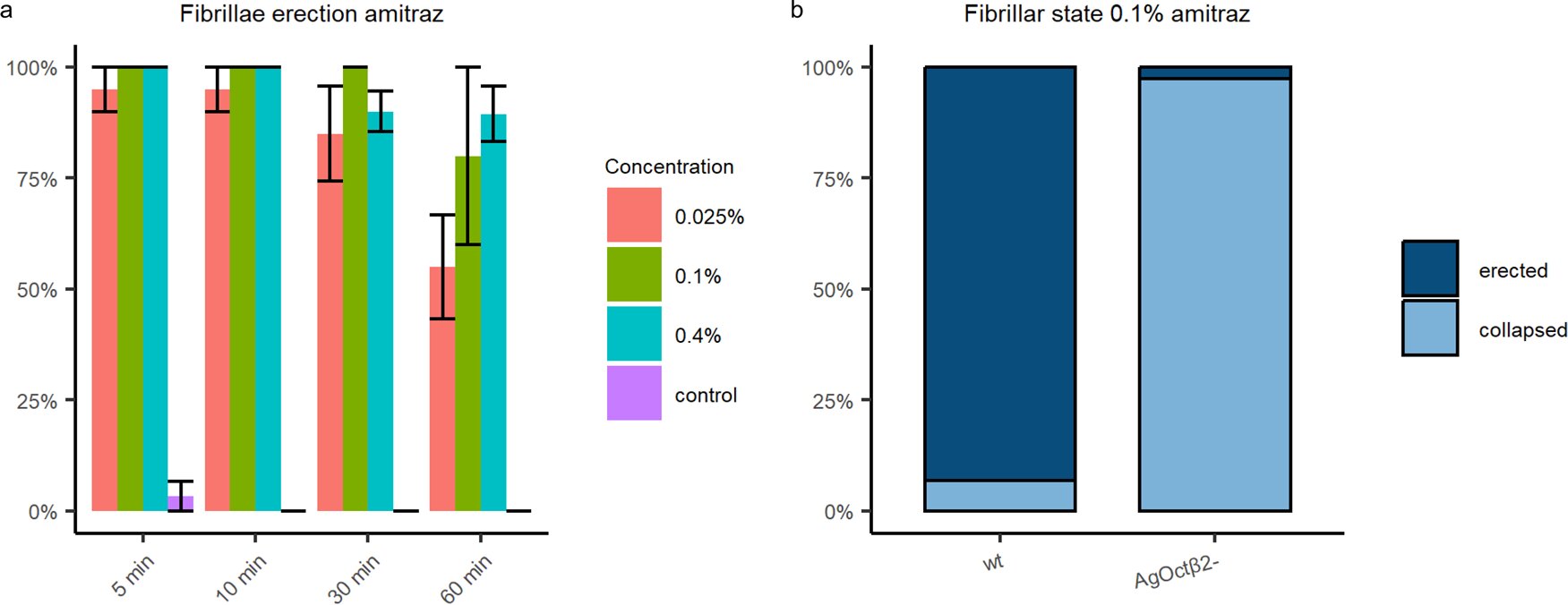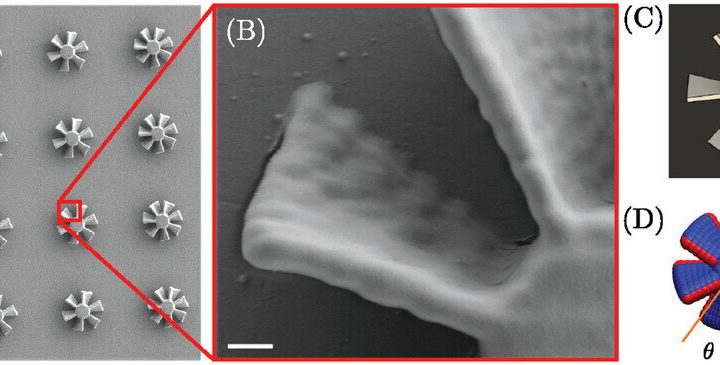Exciting new research led by UCL and the University of Oldenburg has uncovered specific receptors in mosquito ears that modulate their hearing.
This discovery has the potential to revolutionize insecticide development and help control the spread of diseases like malaria.
Male mosquitoes rely on their ability to hear female mosquitoes for reproduction. Therefore, this finding could lead to the development of new insecticides or mating disruptors to prevent mosquito-borne diseases such as malaria, dengue, and yellow fever.
In their study, published in Nature Communications, the researchers focused on a signaling pathway involving a molecule called octopamine. They discovered that octopamine plays a crucial role in mosquito hearing and the detection of mating partners, making it a promising target for mosquito control.
Male mosquitoes detect the buzzing sound produced by females within large swarms that form at dusk. To distinguish the female’s flight tone from the noise of the swarm, mosquitoes have evolved sophisticated ears.
Until now, the molecular mechanisms behind how male mosquitoes “sharpen their ears” during swarm time have remained largely unknown. However, the researchers found that an octopamine receptor in the male mosquito ear becomes highly active during swarming.
The study also revealed that octopamine affects mosquito hearing in multiple ways. It influences the frequency tuning and stiffness of the sound receiver in the male ear, as well as other mechanical changes that enhance female detection.
Importantly, the researchers demonstrated that the octopaminergic system in the mosquito ear can be targeted by insecticides.
Mosquito mating is a critical factor in their survival, so identifying new targets to disrupt it is crucial for controlling disease-transmitting mosquito populations.
Dr. Marta Andrés, co-lead author from UCL Ear Institute, stated, “Octopamine receptors are highly suitable for insecticide development. We plan to use these findings to create novel molecules that can disrupt mosquito mating for malaria control.”
Professor Joerg Albert, co-lead author from UCL Ear Institute and the University of Oldenburg, added, “The complexity of mosquito hearing is truly remarkable. With the discovery of the octopamine pathway, we have only scratched the surface. Future studies will provide deeper insights and opportunities to control mosquito populations and reduce human disease.”








